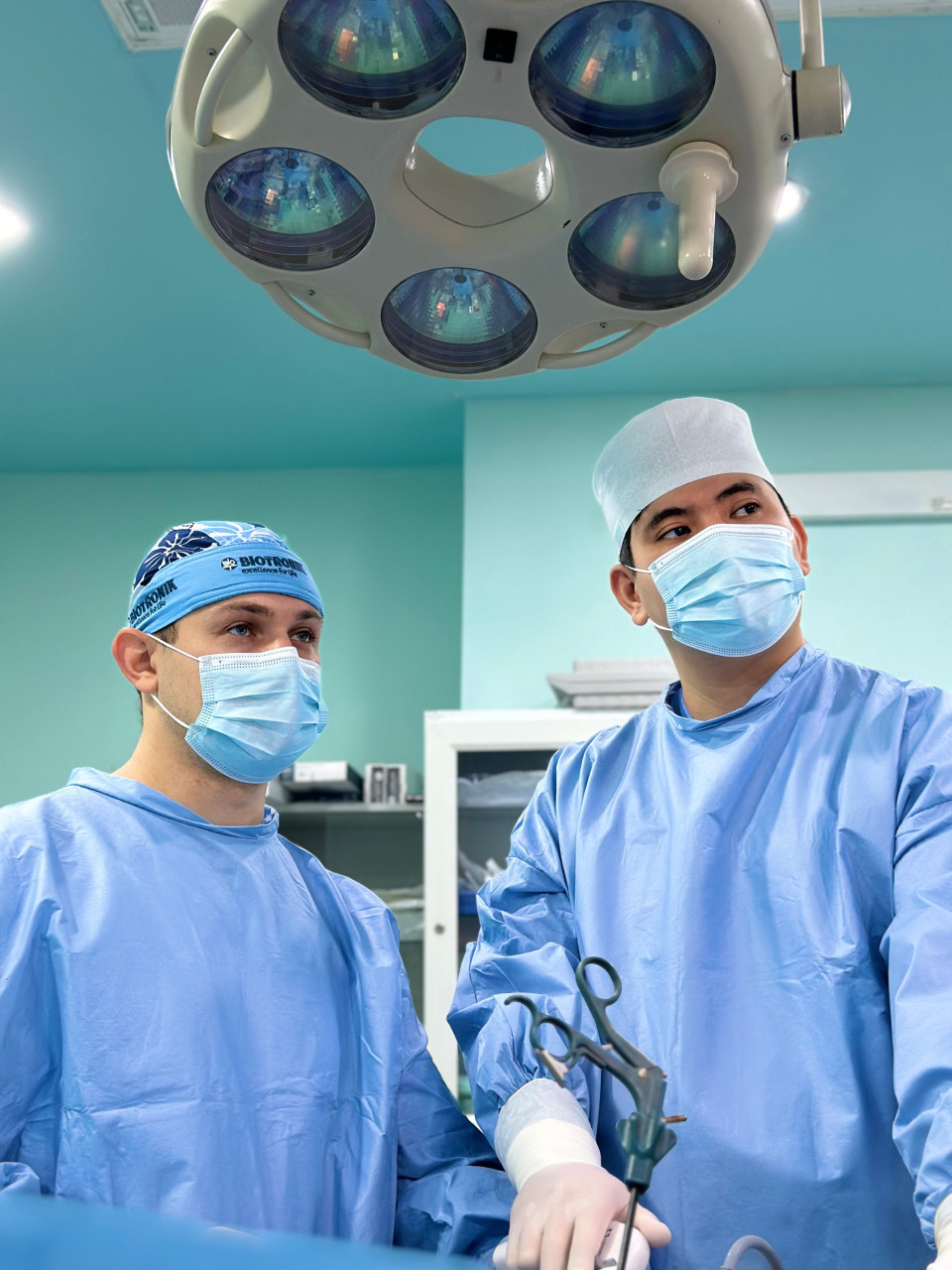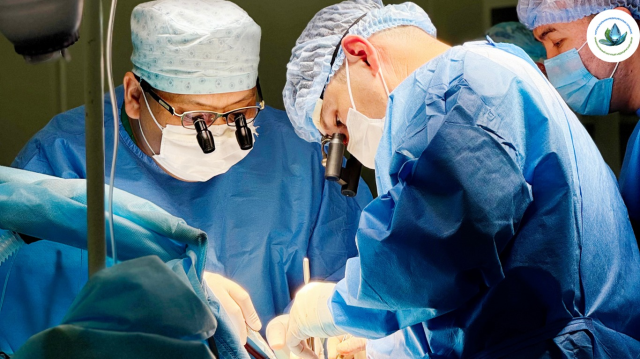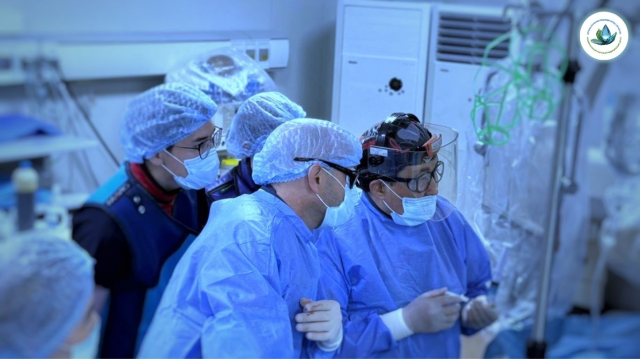An oncologist surgeon is a doctor who operates on malignant tumors.
How is the oncologist's appointment going?
• collection of medical history;
• study of research results;
• inspection;
• diagnosis;
• development of an individual treatment program.
What diseases are treated by an oncologist surgeon
• Acute leukemia is the proliferation of immature blast cells in the bone marrow, accompanied by a deterioration in normal hematopoiesis.
• Lymphogranulomatosis is a primary tumor disease of the lymph system that spreads metastatically to other tissues and organs.
• Melanoma of the skin is a malignant tumor that develops from pigment cells that produce melanin.
• Myeloma is a malignant tumor of bone marrow plasma cells. It has the property, growing, to cause a violation of bone tissues and penetrate into other organs.
• Neuroendocrine tumors (carcinoid tumors, islet cell tumors, carcinoid, gastroenteropancreatic tumors). They affect cells of the neuroendocrine system in the lungs, gastrointestinal tract, ovaries, thymus, kidneys, prostate, breast, skin, thyroid, and other organs.
• Soft tissue sarcomas. These are tumors of any extra–skeletal non-epithelial tissues - muscle, fat, lymphoid, synovial tissues, blood vessels, mesothelium, sympathetic ganglia, peripheral nerves, etc.
Mediastinal tumors are tumors that develop in the thoracic cavity between the lungs. They account for about 6% of the total number of oncological diseases.
• Tumors of the central nervous system – occur in the cells of the brain and spinal cord, as well as their membranes.
• Uterine fibroids are the most common benign tumor that women suffer from.
Diagnosis of oncological diseases
The oncologist surgeon first conducts an initial examination of the patient, collects anamnesis, clarifies complaints, palpates organs and surrounding lymph nodes. Further examinations are prescribed: X-ray, ultrasound, blood tests for cancer markers, general blood analysis. Even from the general blood test, it is already possible to suspect something is wrong. The number of leukocytes increases sharply, the erythrocyte sedimentation reaction, and hemoglobin decreases. If the results alarm the doctor, he asks the patient to take a biochemical blood test.
A blood test for cancer markers – specific proteins, the level of which increases in cancer patients, can tell about the stage of development and the size of the tumor. Everyone has these proteins in some quantity. The value of a blood test for cancer markers lies in the growth dynamics of these proteins.
How to make an appointment with an oncologist surgeon
You can make an appointment with an oncologist by calling +7 7172 57 74 40, +7 702 094 77 71







